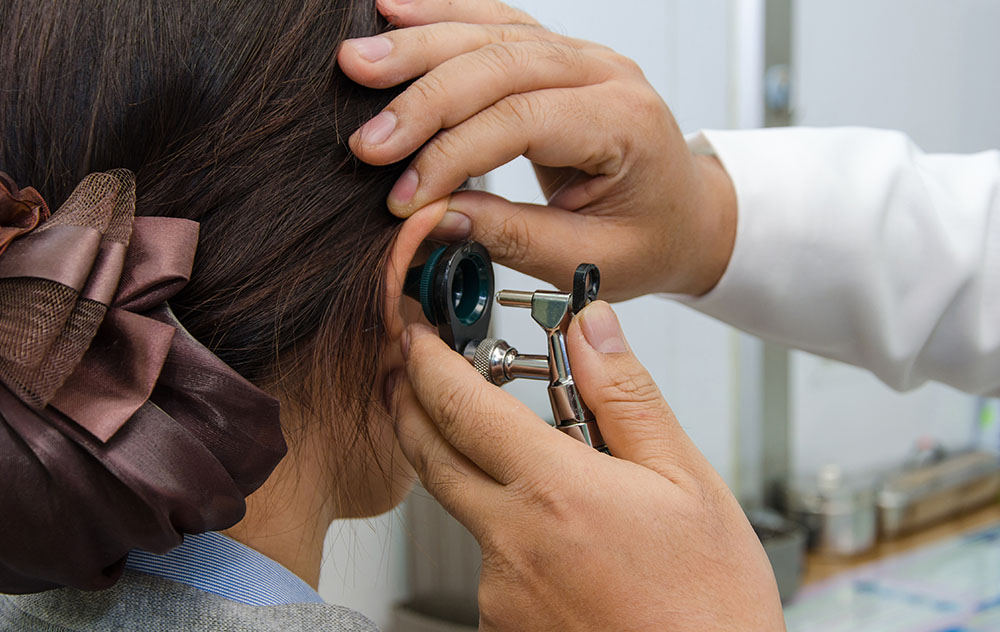How Does Untreated Hearing Loss Affect Mental Health?
When you start missing parts of a conversation, your brain doesn’t


When you start missing parts of a conversation, your brain doesn’t

Choosing a hearing care provider isn’t just about finding someone

Cultural sensitivity in hearing care goes beyond simply providing the same